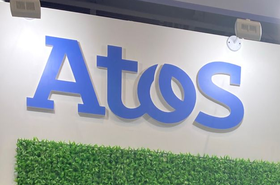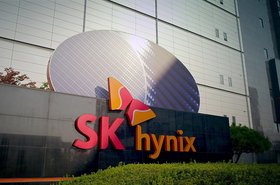Taiwanese research institute Academia Sinica has unveiled a self-built quantum computer based on 5-qubit chips, ahead of the schedule laid out by the Taiwanese government earlier this year.
According to the Taipei Times, the machine has a 99.9 percent fidelity rate and will be available for the institution’s members and partners to use for research purposes, including as a test and development platform for quantum computing and ultra-low temperature complementary metal oxide semiconductor (CMOS) and operational amplifier research projects.
The computer is a collaboration between Academia Sinica, the Industrial Technology Research Institute, National Changhua Normal University, National Central University, National Chung Hsin University, the University of California, Santa Barbara, and the University of Wisconsin-Madison, the report said.
A statement on Academia Sinica’s website said the quantum computer was completed in October but has only been connected to the internet as of January 2024.
“The computer’s launch marked another milestone in the nation’s research into and development of quantum computing following the chip’s creation in October last year,” said Chen Chii-dong, a research fellow at Academia Sinica’s research center of applied sciences, in comments reported by the Taipei Times.
A week earlier, the news outlet reported that the Taiwanese National Science and Technology Council (NSTC) had outlined a plan to produce a domestically-developed quantum computer by 2027. Academia Sinica confirmed on its website that the project was completed ahead of schedule, with the expectation that a 3-qubit machine would be completed by February 2024. Instead, the institution was able to complete a 5-qubit machine four months before the deadline.
Academy Sinica was approached for comment but has not responded.
“The success of this project at this stage should prove the characteristics of technological research and development," said James Liao, president of Academia Sinica. "Only after a period of patiently solving basic problems can the next application breakthrough be achieved."
He added: “It is hoped that Academia Sinica’s small step will drive the development of quantum research and related industries in Taiwan, attract more domestic and foreign talents to participate in the event, and seize opportunities for Taiwan in the field of quantum technology."







